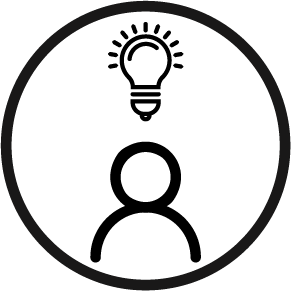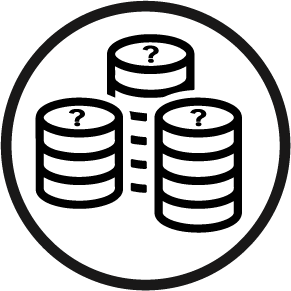Course information
ISEEC
An Introduction to education coordination systems
This course is an introduction to education coordination and addresses the roles and functions of the different education coordination systems - each with a specific focus and set of mechanisms - which complement each other to address education needs in crisis contexts.
Due to the wide variety of organisations, expertise, and relationships involved in any large emergency response, confusion and duplication of efforts can cause real problems, and weaken response efforts. Coordination is the act of enabling all these actors to work together in an organised way to achieve shared goals. ISEEC promotes a joined-up approach to coordination efforts.
 |
This module may be useful to: | |
|---|---|---|
|
||
 |
How will I benefit from this course? | |
|
By the end of this short course, you will be able to:
|
||
 |
How long will it take? | |
|
The module will take approximately 30-45 minutes to complete. |
||
 |
How much does it cost? | |
| This course is free! |
||
 |
Will I get a certificate at the end? | |
| No - This online course is designed to provide information and insights on Education coordination systems but does not include certification upon completion. |
||
 |
How do I start? | |
| Scroll to the top of the page and click on the I agree - join course button. This will take you through to the course content. You don't need to complete the course in one go - you can always continue later from where you left off. |
Data protection and consent
This course was created and is administered by INEE (Inter-agency Network for Education in Emergencies). By joining this course you are consenting to INEE being given access to your Kaya profile information, including your name and email address, so that they can provide the course. This may require them to contact you. Your data will be anonymized before it is used for any analysis or reporting purposes. If you have any questions about this, please email learning@inee.org.
This course is co - designed and provided by:


